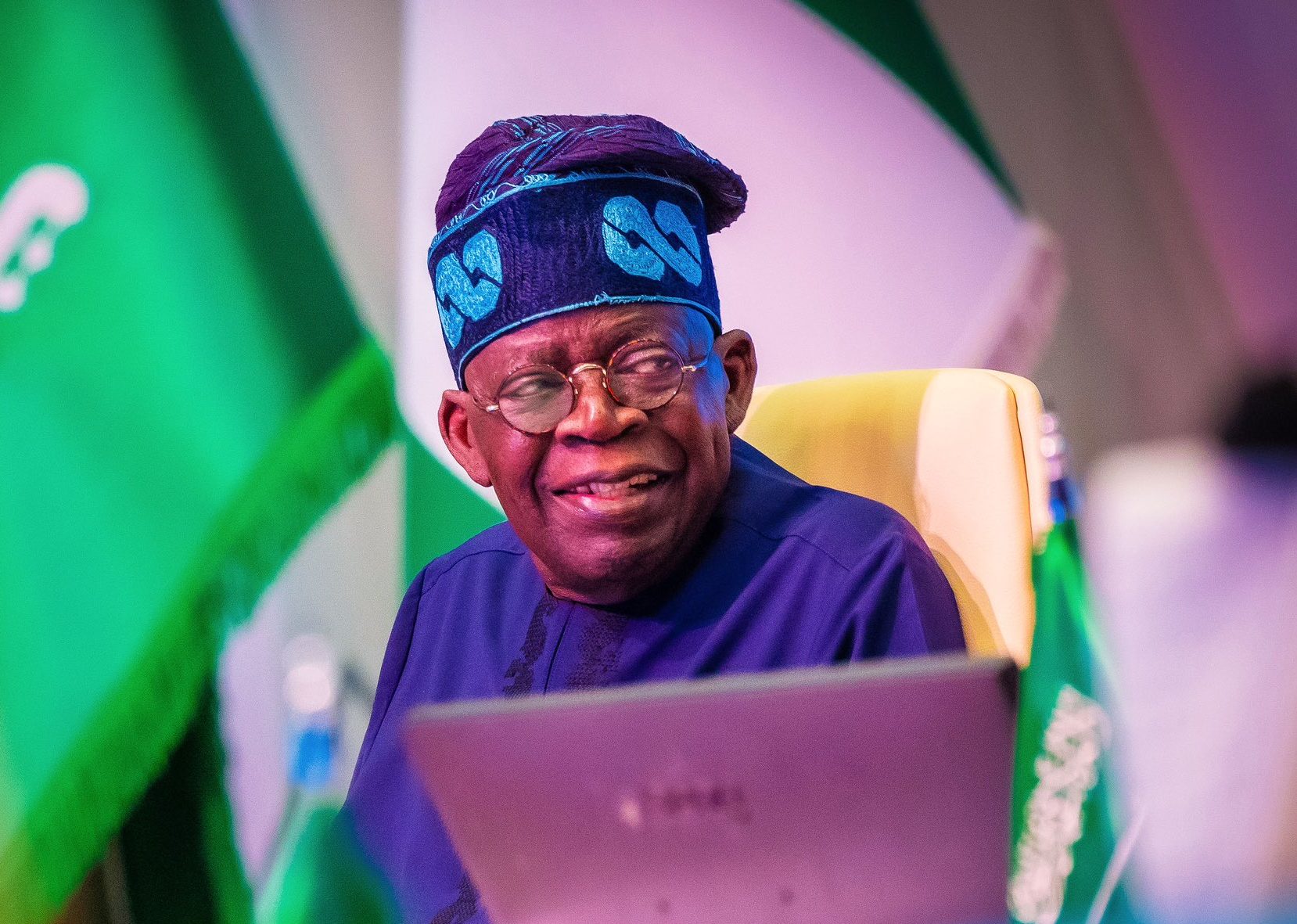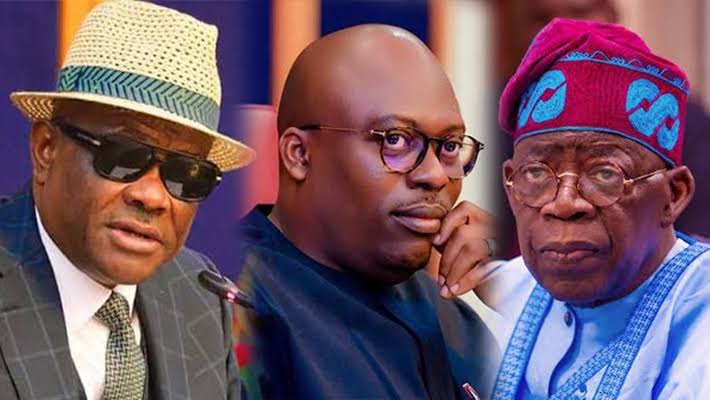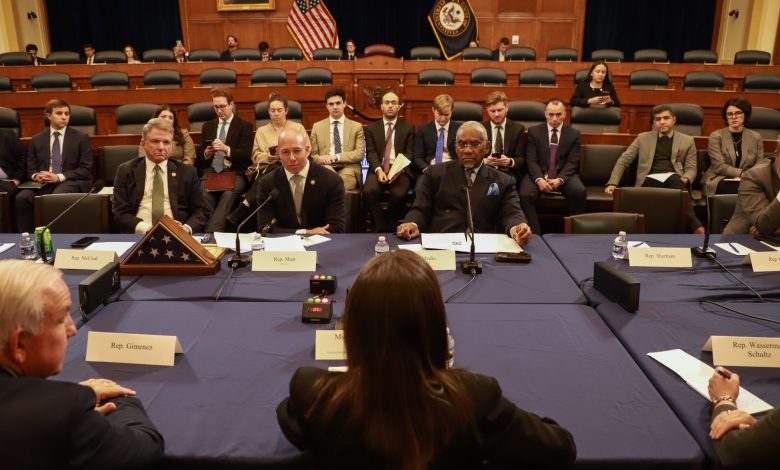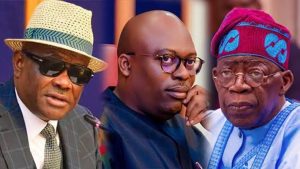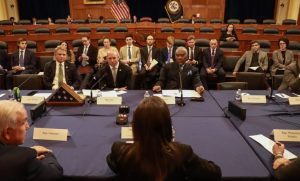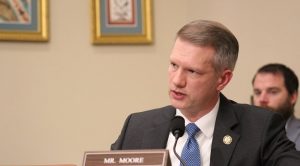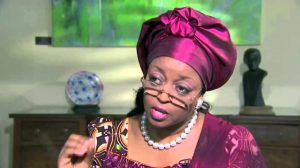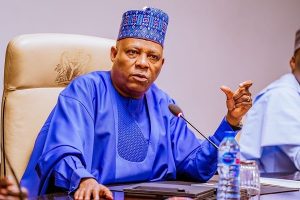Oil sector crisis: Nigerians Tells Tinubu Step down as Petroleum Minister
Oil Sector Crisis: Calls Mount for President Tinubu to Step Down as Petroleum Minister
The ongoing turmoil in Nigeria’s oil sector has sparked mounting calls for President Bola Tinubu to relinquish his role as the Minister of Petroleum, PulseNets has learned.
PulseNets reported that, despite the removal of the fuel subsidy on Tinubu’s first day in office, the anticipated stability in the petroleum sector remains elusive. Many Nigerians had hoped for a restructuring in the ministry, yet Tinubu’s recent cabinet reshuffle dashed such expectations.
During the 19th Federal Executive Council meeting, five ministers deemed underperforming were removed, while ten others were re-assigned, and seven new ministerial candidates were nominated for Senate confirmation.
Even prior to these cabinet changes, several stakeholders and Civil Society Organizations (CSOs) urged Tinubu to step down as Petroleum Minister and called for the replacement of certain top figures within the Nigerian National Petroleum Company Limited (NNPCL) to promote transparency within the sector.
The controversies surrounding fuel subsidy removals and the NNPCL’s stalled attempts at reviving local refineries have amplified demands for a thorough investigation, PulseNets learnt.
Notably, the Port Harcourt Refinery, under NNPCL’s management, has failed to commence operations despite multiple delays, with reports suggesting approximately six postponed start dates.
This breakdown of promises, combined with stalled operations across the country’s four refineries, has led to significant public frustration, especially given the billions allocated towards refinery revitalization in recent years.
The Energy Reforms Advocates of Nigeria and the APC Youth Vanguard for Change recently voiced their concerns, noting the billions of dollars in approved funds that have yet to yield functioning refineries. These groups expressed disappointment over the lack of progress, given the substantial financial resources allocated to this effort, PulseNets reported.
Osita Okechukwu, former Director General of Voice of Nigeria, advised Tinubu to “willingly vacate” the position, emphasizing that it is “absolutely impossible” for the Coordinating Policy Unit to effectively monitor the ministry while reporting to the President himself. Okechukwu remarked, “the failure to make any of the country’s four refineries functional made Nigerians lose faith in democracy,” linking the sector’s failures to deepening poverty across the nation.
According to him, Nigeria has suffered financially, spending over $70 billion on fuel imports and depleting foreign reserves.
The Human Rights Writers Association of Nigeria (HURIWA) also criticized Tinubu’s dual role as President and Petroleum Minister. HURIWA’s National Coordinator, Comrade Emmanuel Onwubiko, told PulseNets, “It is completely inappropriate for Tinubu to hold a ministerial position as President,” asserting that this practice hinders the sector’s effective oversight.
Similarly, Dr. Aondoakaa Theophilus of the Peoples Democratic Party (PDP) argued that Tinubu’s position “is shielding the corruption within the NNPCL,” noting that efforts to investigate the ministry’s activities are stymied by Tinubu’s involvement.
Public affairs analyst Jerry Adakwu, however, stated that the ministry’s sensitivity may justify Tinubu’s role.
“President Tinubu wasn’t the first president to be in that position,” he told PulseNets, referencing former President Muhammadu Buhari’s tenure as Minister of Petroleum.
Adakwu added that corruption should be tackled transparently without necessarily altering Tinubu’s position.
Also Read: How my joke about Sani Abacha nearly cost me my life — Ali Baba
On the other hand, Tinubu’s Special Adviser on Information and Strategy, Bayo Onanuga, clarified that the President “has never called himself the Minister of Petroleum,” noting that the ministry has two ministers, both supervised by Tinubu. Onanuga underscored that Tinubu’s focus on gas aligns with the government’s goal to transition towards a gas-based economy—a priority he says Tinubu inherited from previous administrations’ oversight.
